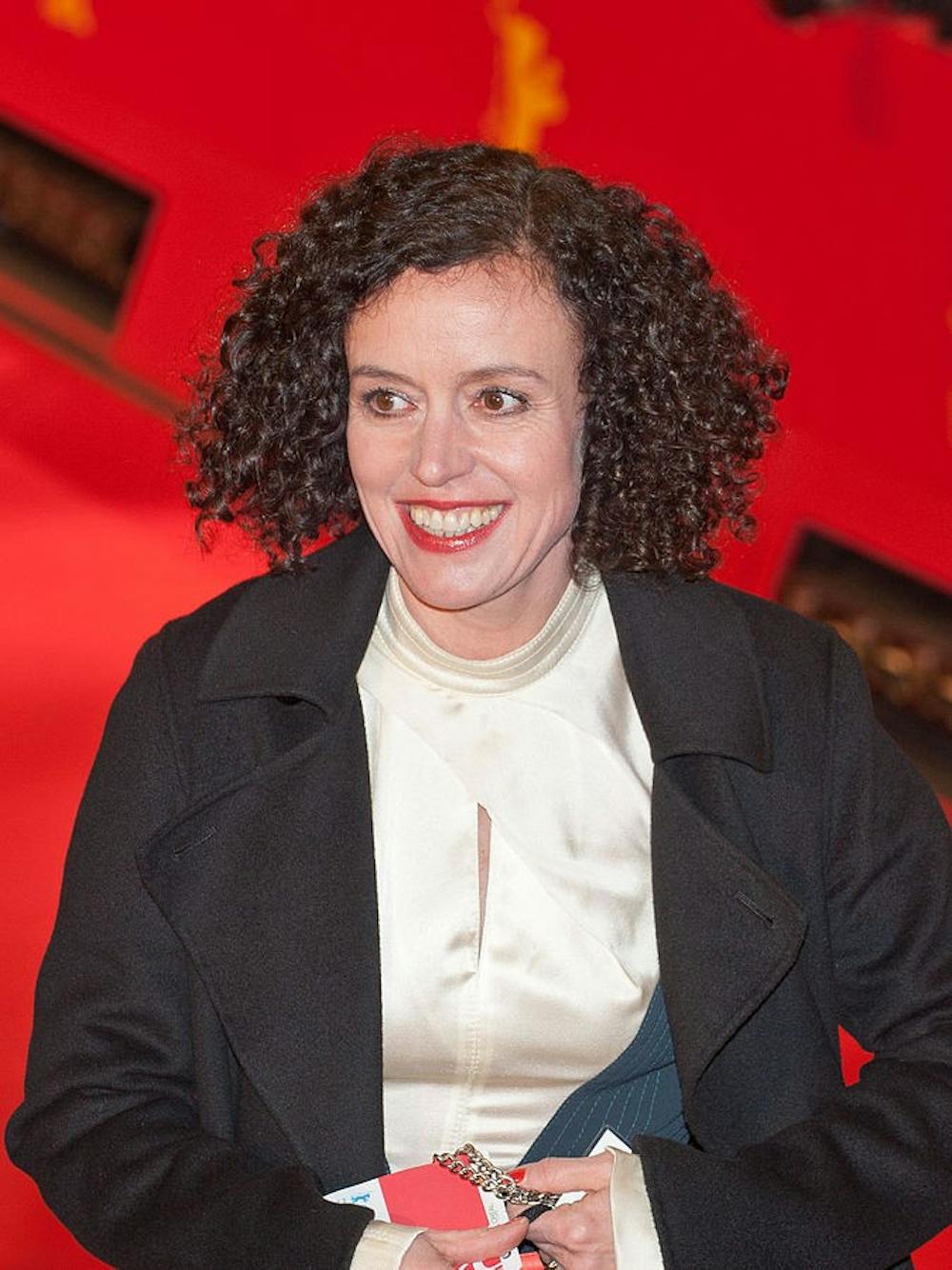I have a weird obsession with German television and movies. In my humble opinion, the actors, production and motivations behind them are incredibly refreshing in comparison to the U.S. market, where shows are renewed season after season until their wonderfully original premise gets stale and formulaic, just to make a little more money. I prefer something heartfelt and sweet that ends right when you hunger for more and doesn’t just hammer in the same three tensions within the plot, while your mind wanders off and the show dwindles into the obscure vault of storylines in your head that are left unfinished.
Maybe it’s also partly that I want to feel accomplished in finishing a show, which is a very Hopkins-esque tendency that should probably be reassessed. Either way, after finishing Charité, a German show following a hospital through the late 19th-century rush for a tuberculosis cure and then the World War II tensions and collaborations between the medical world and the Nazi regime, I was on the hunt for another beautifully produced and executed show.
Queue Netflix’s new limited German series, Unorthodox, which is directed by Maria Schrader and follows a young, ultra-Orthodox Jewish woman, Esty. We follow her as she leaves an unhappy marriage in her community and tries to start a new life in Berlin, despite having little experience with the world outside her hometown of Williamsburg, New York City. Meanwhile, her husband, his family and his rabbi begin a joint effort to get her back home.
The show is based on Deborah Feldman’s autobiography Unorthodox: The Scandalous Rejection of My Hasidic Roots, which was published in 2012. Featuring Yiddish, English and German dialogue, Unorthodox is a beautiful and poignant story of a young woman trying to write her own narrative and search for a chosen family, while still holding close to her values and dignity.
There is one shot in particular that comes to mind (and this isn’t a spoiler, because it’s included in the Netflix trailer). Esty swims out to join some new friends from a music school in Berlin as the sun sets, but stops about halfway. The camera loses sight of everyone else, focusing on her alone as Esty removes her wig and lies back in the water. The final shot is from above as she floats, shorn hair exposed to the world, next to her floating wig in blue water.
Moments like this that recall her Jewish heritage in symbolic ways while making space for her to express her individuality, pack the episodes. What seems at first a simple story grows ever more complicated: The narrative moves backwards and forwards from the present to her teenage years, her long-anticipated wedding and her struggles with sexuality, medical complications and desires in a world with few resources.
I would like to highlight that I am not Jewish, and no matter how much research I do on the authenticity of the show or the accuracy of the portrayal, I can’t be sure whether I am looking at sources vetted by Jewish authors or not. There have been a few people on online forums that I’ve come across who have raised legitimate concerns regarding people over-simplifying the narrative to extrapolate that all Hasidic or ultra-Orthodox Judaism is harmful and controlling towards women.
If someone were to take that viewpoint away from the show, I would say that’s more a reflection of their own, ill-hidden prejudices. Esty has a loving grandmother and aunt who care for her and want only the best, both of whom have thrived and love their community. She also actively rejects a new friend’s explanation of her community, that women are uneducated and simply viewed as “baby machines.”
Furthermore, Esty has incredible moments of joy, at her wedding especially, where she turns away from opportunities to leave and embraces the people around her. It’s clear that the ceremonies and religious events that populate her life, and are so beautifully portrayed by the show, as well as her relationship with her grandmother and her aunt, sustain Esty and allow her to build a sense of home. Prior to her marriage, she is very content and receptive towards her community. Even her husband, Yanky, isn’t cruel, but instead is trying to understand her amid pressures from his family and grappling with the fact that he knows little about his wife despite living with her for a year — because he is, after all, only a bit older than a child.
There are moments of cruelty on both sides of Esty’s life, and the main antagonist is Yanky’s complicated cousin who is desperate to make amends with his family and will therefore do anything to prove his loyalty and bring Esty back home.
As the protagonist grapples with relationships old and new in an unfamiliar and overwhelming city and reconciles herself with rejection from her family back home, a clear picture of who Esty is comes to both her and to the viewer. More than anything, Unorthodox is a unique story that explores broader themes about female sexuality, autonomy and finding a home for oneself in a looming and often cruel world.





